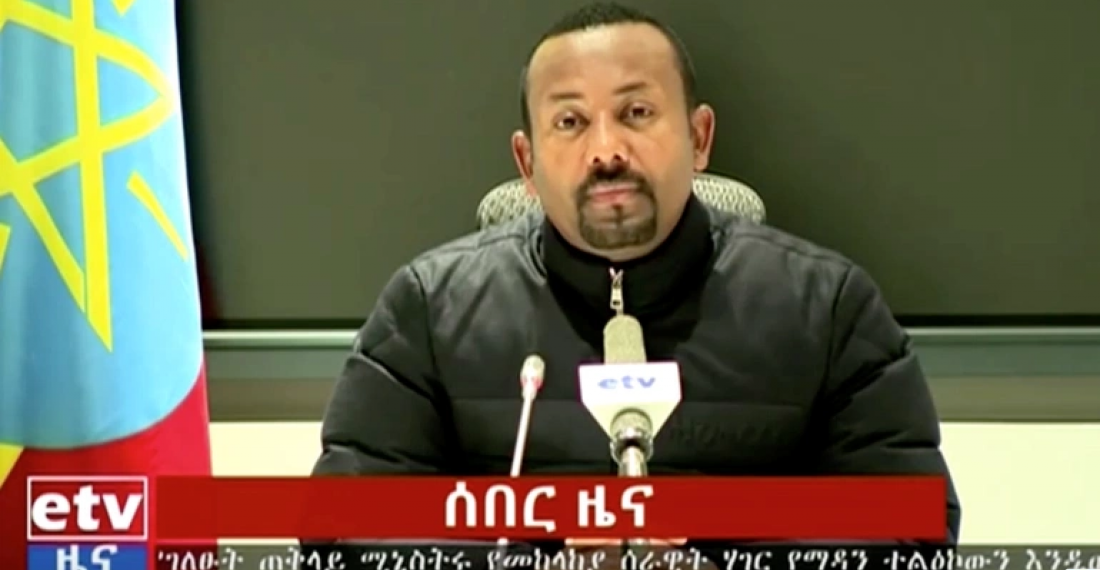Conflict broke out in the north of Ethiopia in the last two days after Prime Minister, Abiy Ahmed, ordered the military to confront the Tigray regional government. The move comes after the Tigray regional government was accused of attacking a military base. The government announced a six-month state of emergency on Wednesday. The clashes come at the end of tensions which escalated last month when the Ethiopian Senate voted to sever all relations with the Tigray region.
The city Mekele, capital of the Tigray region seemed calm but skirmishes occurred in other areas. It remains unclear who attacked first, says the Associated Press. The PM's office did not provide details on the clashes.
Global observers called for de-escalation and warned from a spillover to nearby Sudan and Somalia. The rich-Tigray region is led by the Tigray People's Liberation Front (TPLF) who dominated Ethiopia’s military and governing coalition before Abiy took office in 2018 and announced reforms that won him the Nobel Peace Prize last year. The reforms, however, fueled other grievances and the TPLF left the coalition last year.
William Davison, International Crisis Group’s senior analyst for Ethiopia, says the conflict could dangerous given Tigray relevant security position. Abiy's move in Tigray is widely viewed as payback for the TPLF holding elections in Tigray that were cancelled in the rest of Ethiopia due to the coronavirus pandemic. However, the root of the mutual animosity has always been ethnic and political.
As of Thursday morning, shelling continued in the Northern regions of Ethiopia while international pressures are yet to be effective.
Photo: Ethiopian Prime Minister Abiy Ahmed
Source: Commonspace.eu with AP and other agencies.







